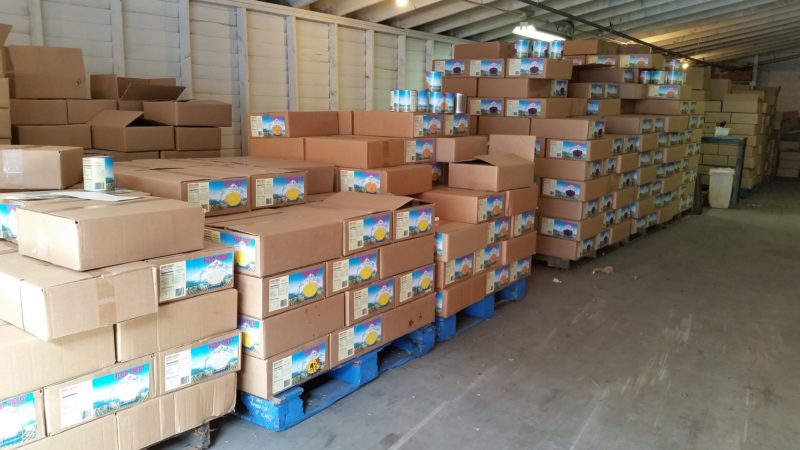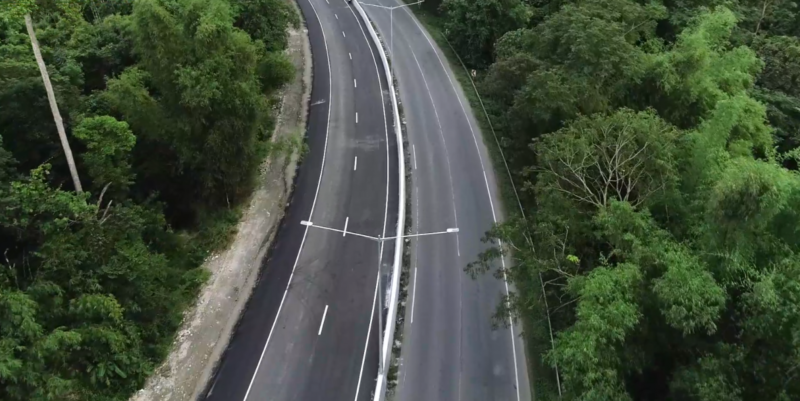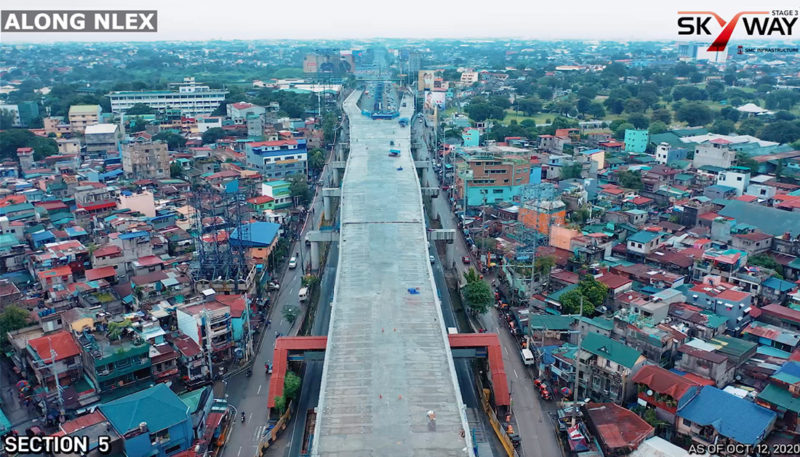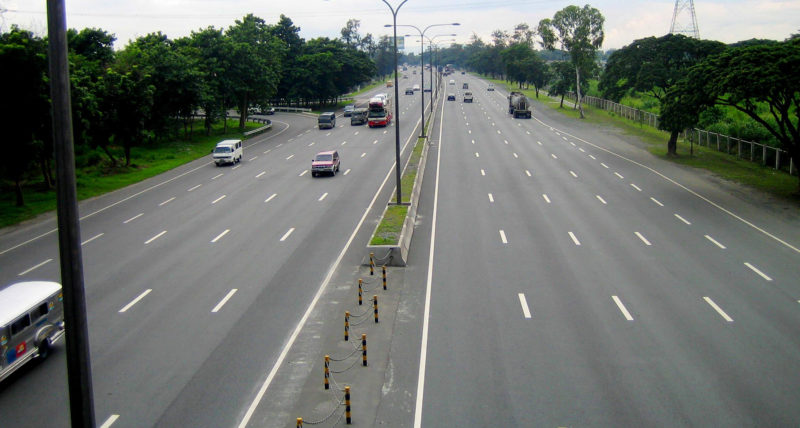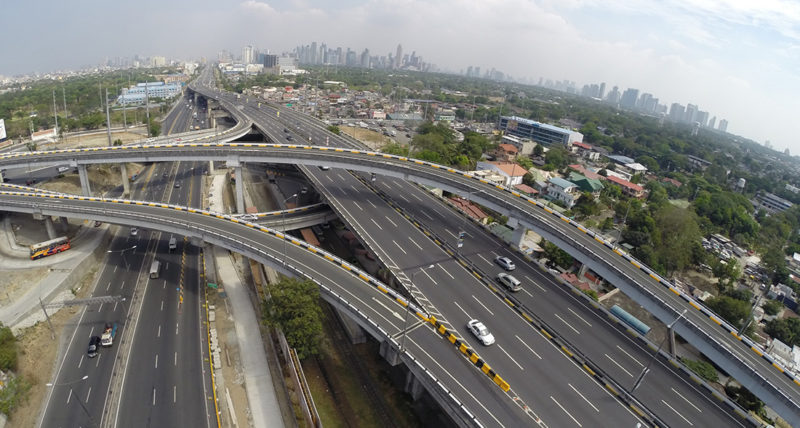
The House of Representatives has unanimously approved on third and final reading a bill that seeks to provide free freight services to relief organizations delivering relief goods to calamity-stricken areas.
Garnering 170 affirmative votes on December 4, House Bill No. 5070—or the Relief Goods Free Transportation Act, which is principally authored by San Jose del Monte City lone district representative Florida Robes—aims to bring immediate relief to victims of natural or man-made disasters when government resources are not available or are insufficient to address the needs of the emergency.
The bill mandates the logistics cluster of the Office of Civil Defense (OCD), in coordination with the Philippine Postal Corporation and all freight companies, common carriers, private carriers, freight forwarders, and other companies providing logistic services in the Philippines, to provide free freight services to duly registered relief organizations in the transportation of emergency relief goods and donated articles to areas declared to be in a state of calamity by the President or the concerned local government unit (LGU).
Common carriers, freight forwarders, and other similar entities are also mandated to deliver goods and services free of charge to areas where they operate.
If the area is not accessible, relief goods will be sent or delivered to the nearest LGU and consigned to the concerned local chief executive.
Certain shipping auxiliary costs, such as those for arrastre services, pilotage, and other port charges that are routinely passed on to customers, will be borne by the concerned arrastre, pilotage, and port authorities.
This is provided, however, that “container van costs, turnaround time, and volume of cargo being shipped free of charge will be considered in order to minimize the loss of profits of the private sector.”
Additionally, the National Disaster Risk Reduction and Management Council (NDRRMC) will be directed to provide security and traffic management assistance to the Response Cluster’s operations to ensure the speedy transport of people, goods and equipment to the affected communities.
Under the bill, common carriers refer to persons, corporations, firms or associations offering their services to the public and engaged in the business of carrying or transporting passengers or goods or both, by land, water, or air, for compensation.
Freight companies refer to companies that specialize in the moving or transporting of freight or cargo from one place to another, while freight forwarders are companies that organize and bring shipments from the manufacturer or producer to its final point of distribution. Lastly, private carriers refer to entities that undertake the delivery of passengers or goods for compensation, without being engaged in the business of carrying as a public employment.
The release of donated relief goods and articles intended for distribution to areas under a state of calamity will be in accordance with existing rules and procedures of responsible government agencies, such as the Department of Social Welfare and Development, Bureau of Customs, Department of Education, Department of Health, and LGUs, with the receiver properly verified and taking into consideration prevailing policies of freight service and logistics companies and carriers.
Implementing agencies include the OCD and Department of Transportation through the Civil Aeronautics Board, Maritime Industry Authority, and Land Transportation Franchising and Regulatory Board.
Other authors of the bill are representatives Lucy Torres Gomez, Romeo Momo, Sr., Afred Vargas, John Reynald Tiangco, Juliet Marie de Leon Ferrer, Ansarrudin Abdul Malik Adiong, Micaela Violago, and Vicente Veloso.
A counterpart bill has been filed in the Senate by Senator Lito Lapid and is currently pending with the public services committee.
